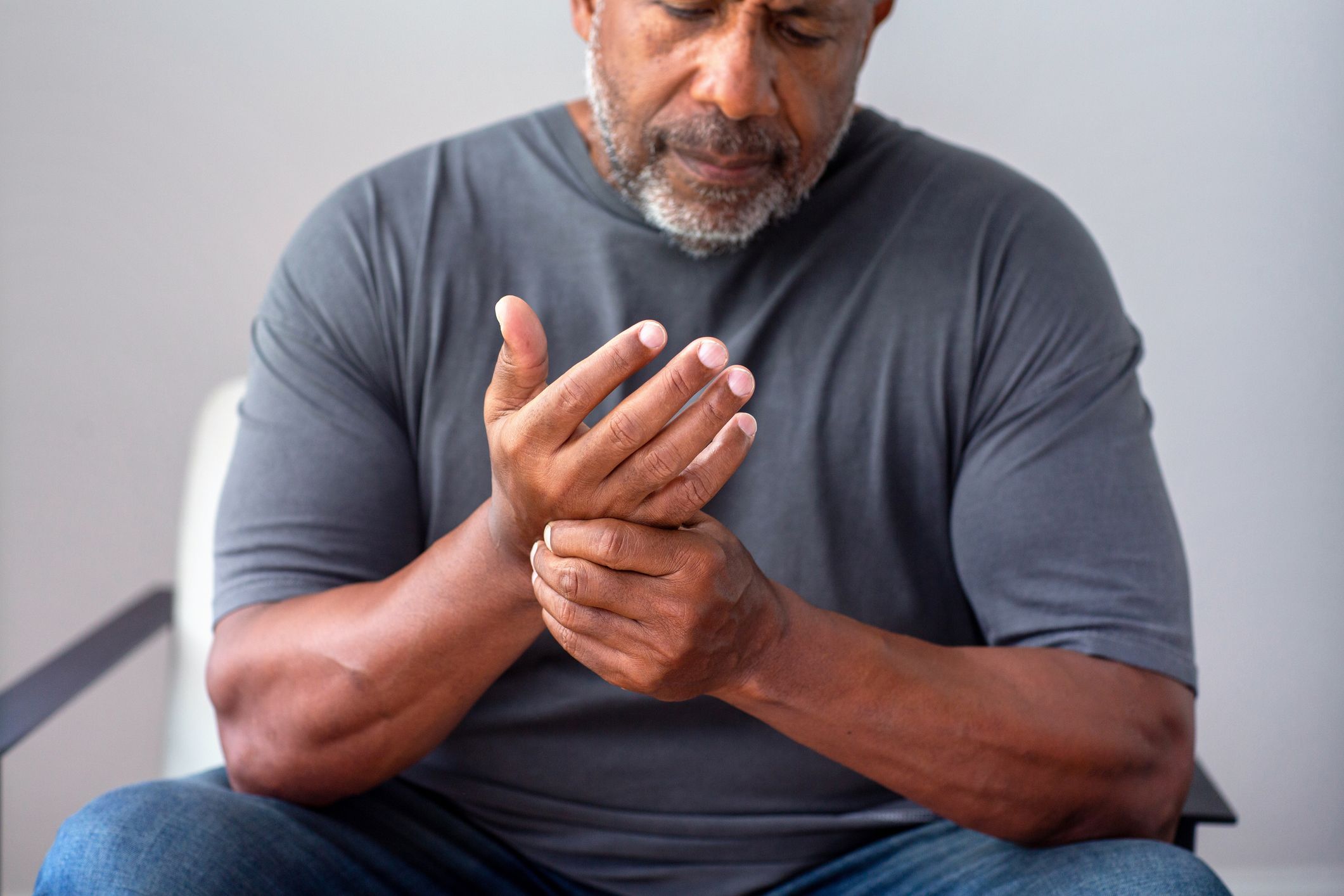Fatigue is a commonly reported symptom among people who have psoriasis and psoriatic arthritis. Here, we will look at the connection between psoriatic arthritis and fatigue, as well as steps people with psoriatic arthritis might take to better manage fatigue.
Psoriasis and psoriatic arthritis
Psoriasis is a condition where an abnormal immune response causes inflammation in the skin, which speeds up the growth of new skin cells. This results in skin lesions—the most common being plaque psoriasis. When a person has psoriatic arthritis, the immune system causes inflammation in healthy joint tissue, resulting in joint pain, stiffness and over time, damage and deformity to the joints.
Inflammation
Researchers believe that the inflammatory response that occurs when a person has psoriasis and psoriatic arthritis is not limited to the skin or the joints, but causes inflammation throughout the body. This may be why people with these psoriatic diseases are more at risk for other conditions, such as anemia, heart disease and diabetes, compared to people who do not have psoriasis or psoriatic arthritis.
Inflammation is also one possible contributing factor to fatigue. Like any process or system in the body, inflammatory processes demand energy in order to function. This is one of the reasons why you feel run down and tired when you have an illness, such as the flu—your body is putting energy into processes like the production of white blood cells and antibodies, and destroying infected cells. With a condition like psoriasis, this process is always happening, and always using energy. Some of the chemicals involved in inflammation (cytokines, for example) can also cause feelings of fatigue.
Pain and mental health
The pain of psoriatic arthritis can also contribute to fatigue. Being in pain can disrupt sleep and make it difficult to get adequate amounts of sleep (this is also true for psoriasis lesions on the skin, which can be itchy and painful). Being in pain day to day also demands a lot of physical and mental energy, and can leave you feeling worn out and exhausted.
In addition to the physical toll psoriatic arthritis can take on a person, there is also the mental toll. Psoriasis and psoriatic arthritis are lifelong conditions that can be frustrating to manage and cause symptoms that can interfere with normal life. Many people with psoriatic disease report a lower quality of life, and many struggle with feelings of anxiety, depression and low self-esteem, which can contribute to or exacerbate fatigue. It is important to recognize these symptoms, and address them with the help of a healthcare provider.
Managing fatigue
It is important to remember that fatigue has many causes. As with any symptom, if you are experiencing fatigue, it is important to discuss it with your healthcare provider. Keeping a diary to note your symptoms and how you are feeling each day can help you and your healthcare provider identify the cause of your fatigue and come up with ways to address it. Fatigue can also be a side effect of some therapies used to treat psoriatic disease.
Additionally, it is important to look at your lifestyle, and address other factors that can contribute to fatigue. Develop good, consistent habits about sleep and rest. Eat a nutritious diet and avoid junk food. Plan your days around the times you need to rest, to avoid becoming worn down or overly tired. Remain active and schedule time for exercise, which can improve energy levels, mood and sleep; moderate exercise can also reduce joint pain, improve range of motion and flexibility and benefit overall health. Remember that it is important to speak to your healthcare provider before beginning an exercise program.
And though it was already mentioned above, it is worth mentioning again: take care of your mental health. Make time for the things you enjoy. Find support from friends and loved ones. Seek out support groups for people who have psoriasis and/or psoriatic arthritis. Talk to your healthcare provider if you are experiencing anxiety, depression, low self-esteem or other troubling emotions. Remember that these feelings are common when faced with a chronic condition, and help is available.





